The Isdera Imperator 108i is a rare gem in the automotive world, often overlooked despite its rich heritage and unique design. Developed in Germany during the late 1970s and early 1980s, this mid-engined supercar was powered by a Mercedes-Benz V8 engine and has become a highly sought-after collector’s item. With only about 30 units ever produced, the Imperator 108i is a true testament to the ingenuity and passion of its creator, Eberhard Schulz.
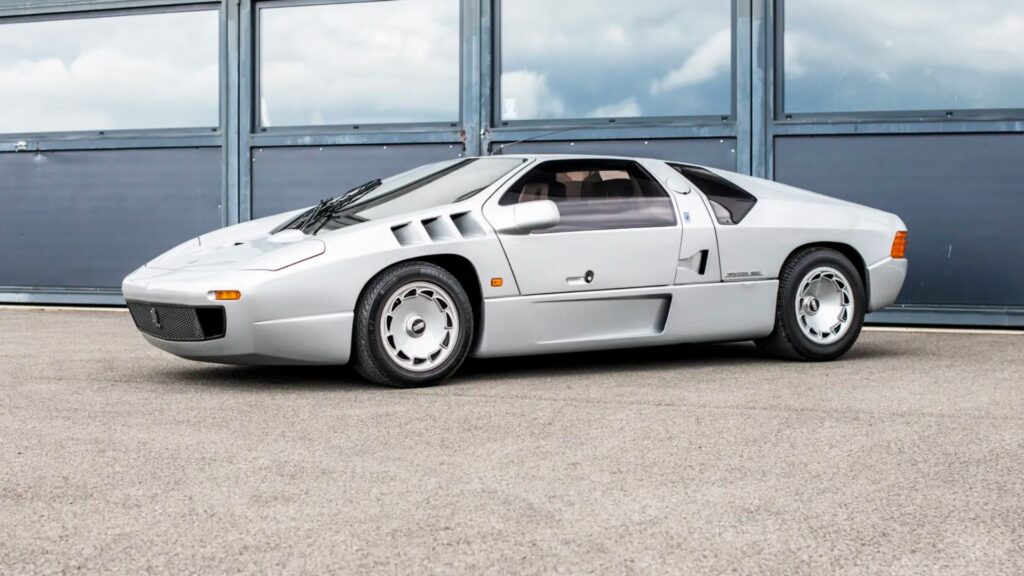
Eberhard Schulz, the mastermind behind the Imperator 108i, had an unconventional path to becoming a car designer. Rather than submitting a traditional job application, Schulz built his own car, the Erator GTE, and drove it to the offices of Porsche and Mercedes-Benz in the hopes of landing a job. His bold approach paid off, leading to a successful career at Porsche, and later, Mercedes-Benz.
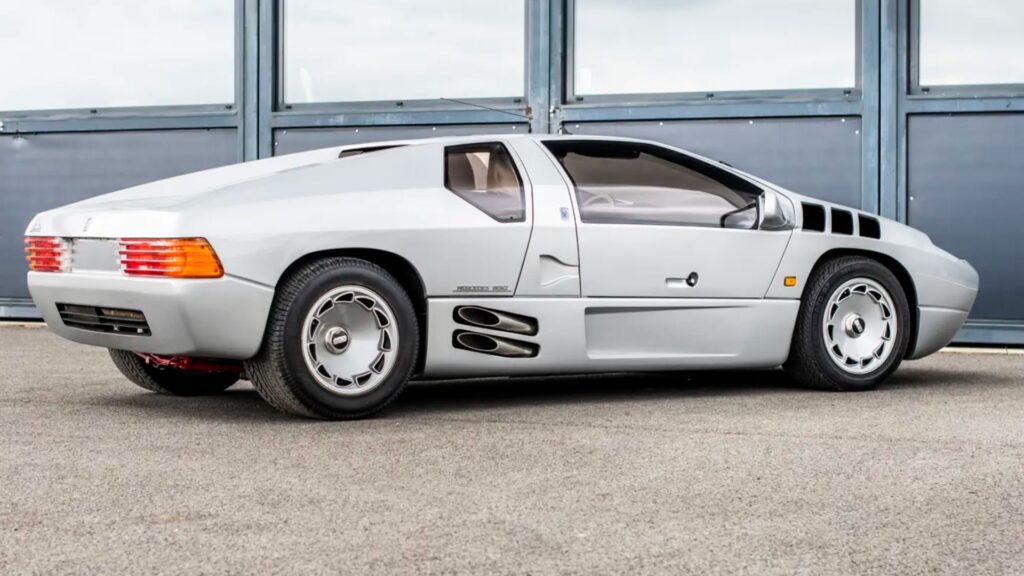
In 1978, Schulz left Mercedes to work with Rainer Buchmann at B&B GmbH & Co Auto KG, where he was instrumental in developing the Mercedes-Benz CW311 concept car—a modern homage to the legendary 300SL Gullwing. The CW311 featured a tubular steel space frame, independent suspension, gullwing doors, and a sleek fiberglass body with a drag coefficient of just 0.311, giving it its name.
The public’s response to the CW311 was overwhelmingly positive, and Schulz realized there was potential to bring the concept to life as a production vehicle. In 1982, he founded Isdera—short for “Ingenieurbüro für Styling, Design und Racing”—to do just that. The result was the Isdera Imperator 108i, a car that stayed remarkably true to the original concept.
The Isdera Imperator 108i was first introduced in 1984, maintaining much of the CW311’s futuristic design. It was powered by a mid-mounted Mercedes-Benz V8 engine, initially offering 300 bhp from a 5.0-liter unit. Over the years, the engine options expanded to include 5.6-liter and 6.0-liter AMG-tuned V8s, pushing the power output to over 400 bhp.
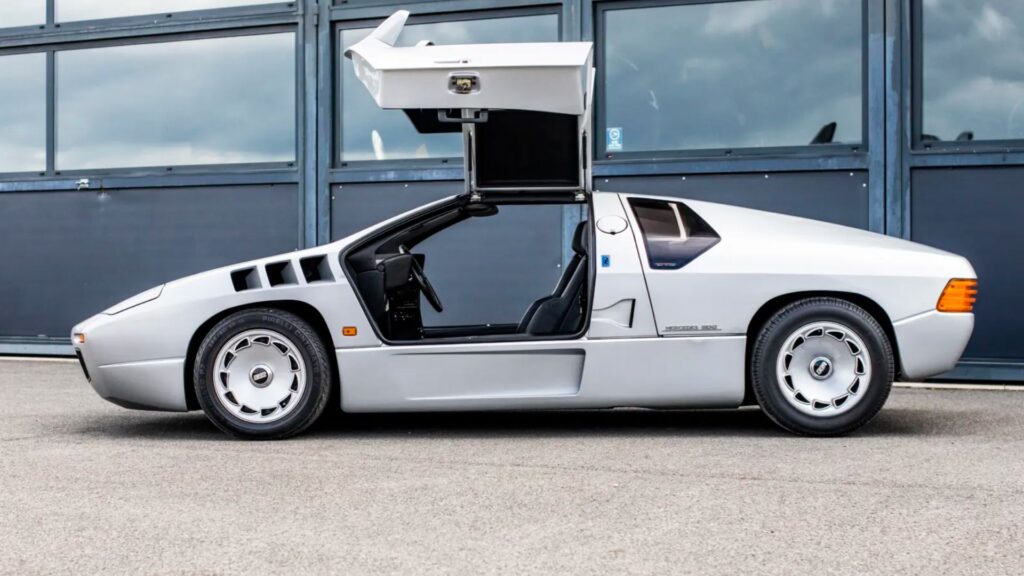
The Imperator 108i featured a tubular steel space frame, independent suspension, and four-wheel disc brakes, all wrapped in a lightweight fiberglass body. The gullwing doors and striking design ensured that it stood out wherever it appeared. However, acquiring an Imperator was no easy task; prospective buyers had to personally contact Schulz to place an order, adding to the car’s exclusivity.
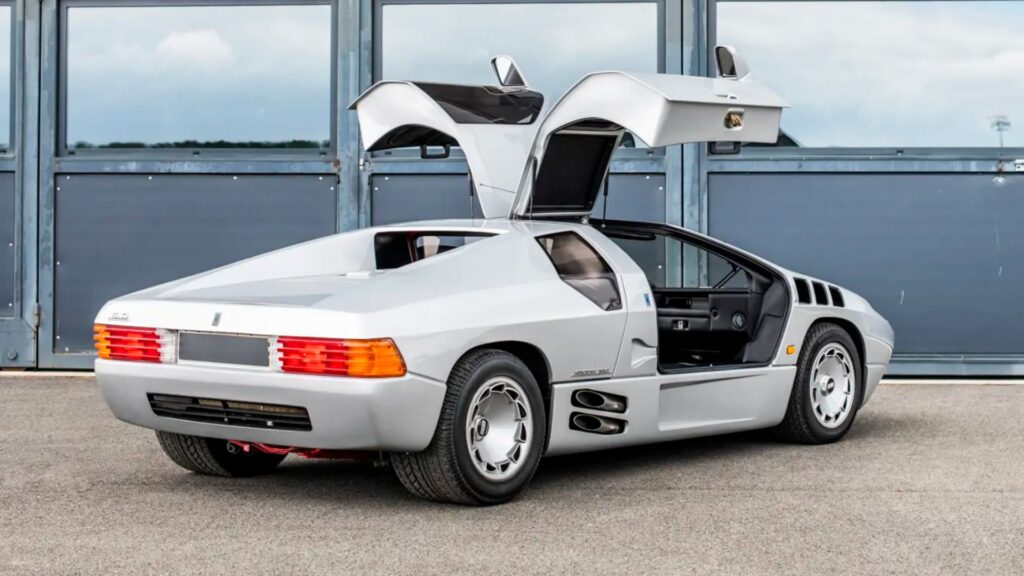
Despite its impressive performance and unique design, only about 30 Imperator 108is were ever built, making it a rare sight even among supercar enthusiasts. Its scarcity has contributed to its status as a “forgotten” supercar, though those who are familiar with it regard it as a masterpiece of engineering and design.
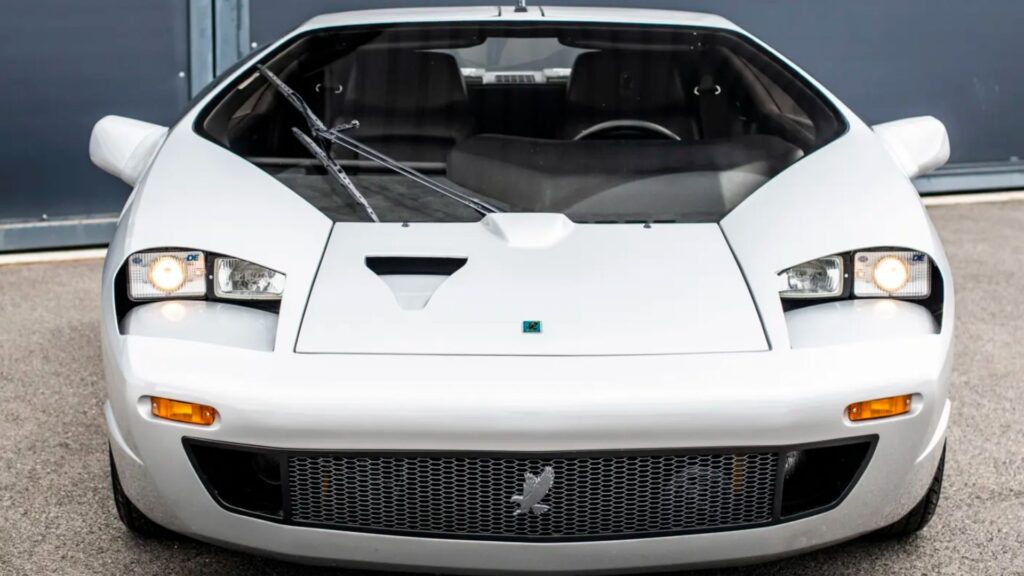
One of the few remaining examples of the Isdera Imperator 108i, a 1991 Series 2 model, is now set to cross the auction block at RM Sotheby’s in Monterey, California. This particular car is powered by a 32-valve Mercedes-Benz M119 V8 engine paired with a 5-speed ZF manual transmission, delivering around 300 bhp. It boasts a top speed of 176 mph and can accelerate from 0-62 mph in just 5.0 seconds.
Originally delivered to Japan, this Imperator 108i later made its way to the United Kingdom and Germany. It has undergone a partial restoration and remains in excellent condition, with just 1,912 kilometers (about 1,189 miles) on the odometer. Finished in silver with a black leather interior, this car is not only a collector’s dream but also a piece of automotive history.
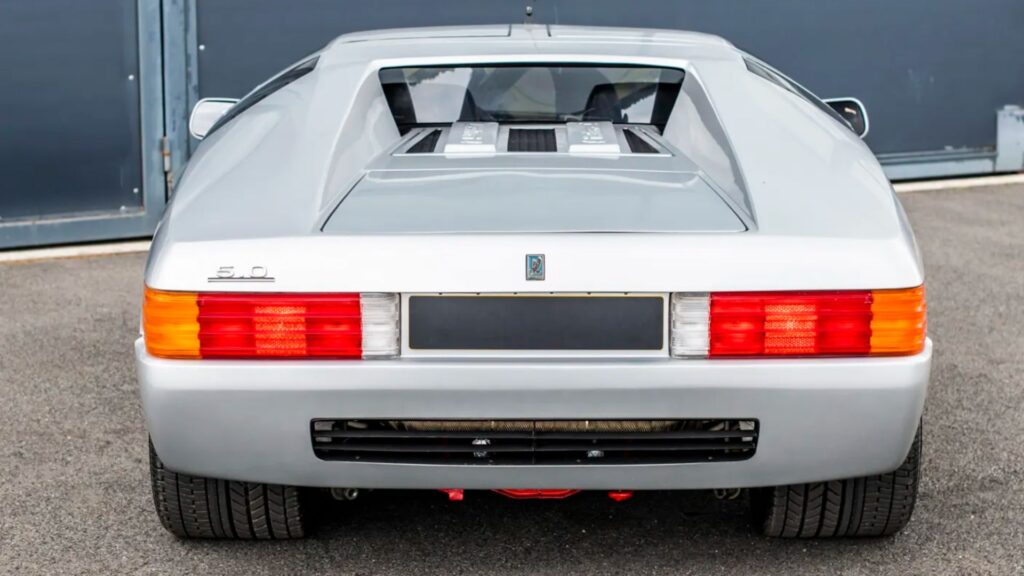
The Isdera Imperator 108i may not be as well-known as other supercars from the 1980s, but its rarity, unique design, and connection to Mercedes-Benz make it a highly desirable vehicle. As it heads to auction, it’s sure to capture the attention of collectors and enthusiasts who appreciate the finer details of automotive craftsmanship.
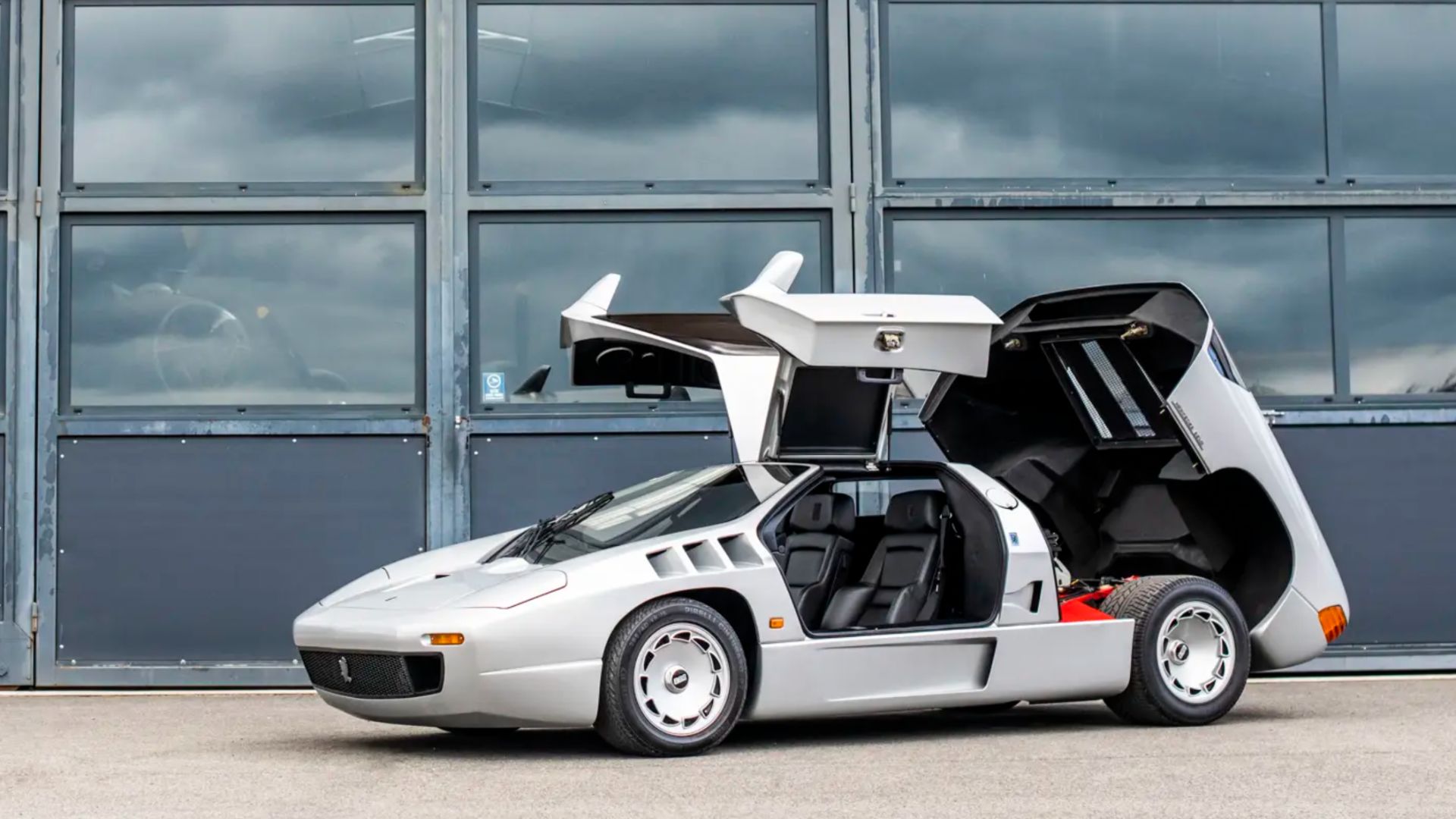
[…] a scene straight out of a nightmare for car enthusiasts, a delivery van in Anzy-le-Duc, France, managed to back up over a Porsche 911, claiming the sports […]